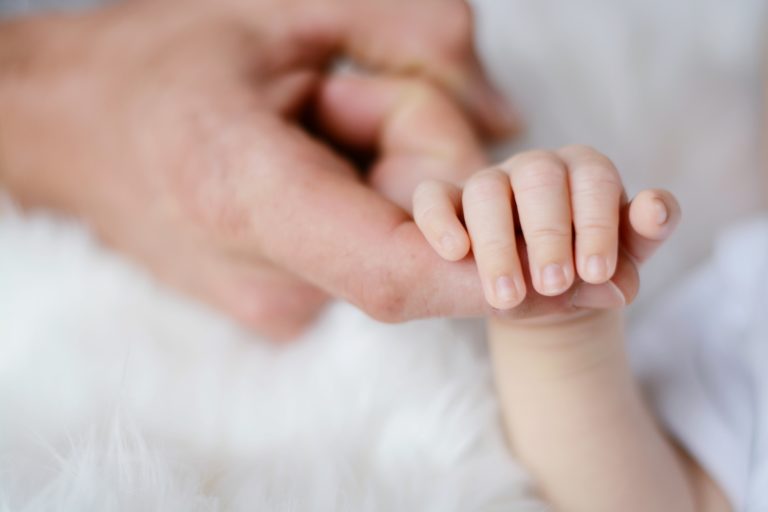
Why perfection is a worthy goal for kids with disabilities
In the very first meeting of my teenager’s theology class this year, the teacher delved into the etymology of the word perfect.

If there is a more loaded word for parents of disabled children, I’d like to know it. (Okay, maybe healthy is up there. Perfect and healthy.) When a baby is born, admirers collectively coo over her tiny perfect parts: her ears, her fingers, her eyes just like her daddy’s.
When a baby is born with tiny imperfect parts, many people turn to one of two alternate responses. They either move to erase the imperfection by cooing over the parts that are still perfect, or they offer pity and concern instead. Both responses carry the same underlying assumption: flawlessness is the goal. Anything else, however lovely, is a consolation prize.
Most of us hear the word “perfect” and think of the modern English connotation. Flawless. Without defects. Ideal. Conforming to standard. All the things that the social and medical establishments like to helpfully point out are not true about our own children.
